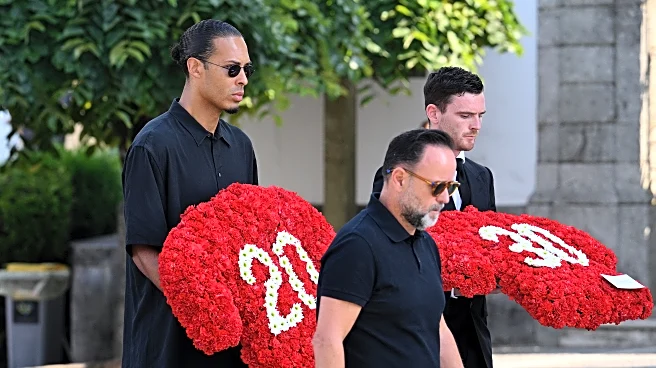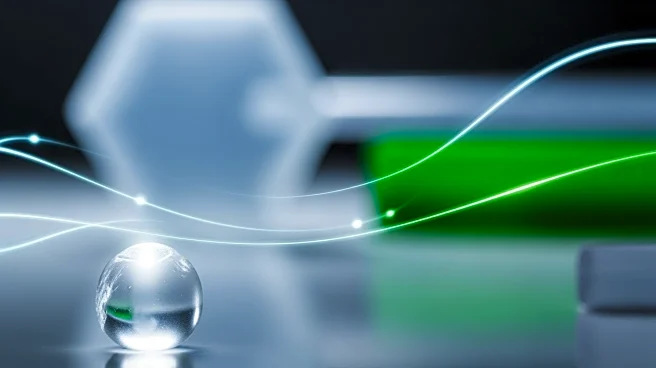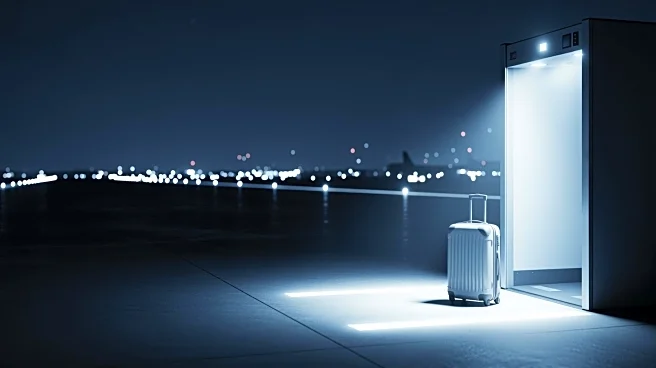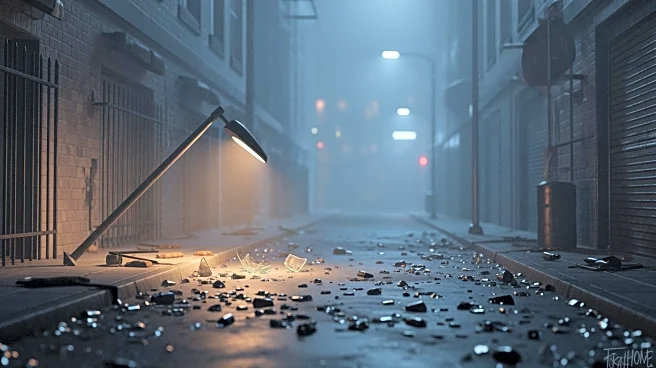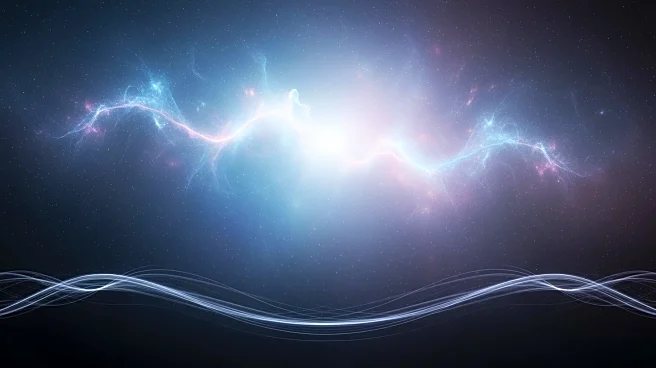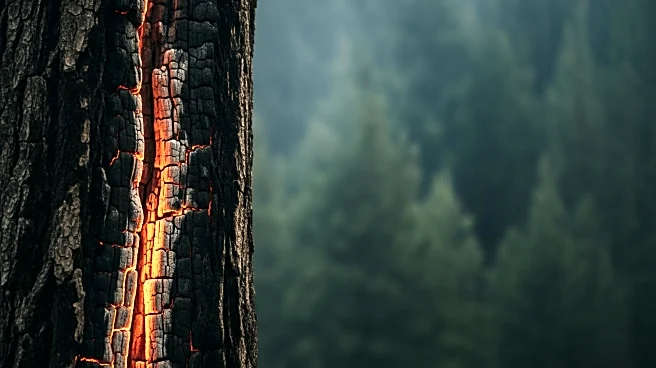It has been a tough week for Liverpool men. Three losses back to back, to opponents that for all intents and purposes, should’ve been manageable. It hurts as a fan, and though it is a hurt that we are accustomed to because we know that Liverpool have indeed had their dark times, the reactionary takes have come swiftly and mercilessly. The new players the owners have spent a boatload on aren’t good enough, the coach doesn’t know what he’s doing any longer, somehow proven skills have disappeared. We
are missing players we let go in the summer. Senior players appearing absent in their positions. The winning mentality that we saw in those first matches of the season has disintegrated as teams crack open our vulnerabilities.
When things aren’t going the way that we want, we always looks for reasons and singular problems to point to. And sure, those things may be true. Many things can be true at once. There surely can be issues within the squad, with the coach’s strategies, with the way players are interacting with each other, all at once.
All of these conversations and the topic of grief rarely comes up. Virgil Van Dijk alluded to it in a post-match interview after the loss to Chelsea, that there are things going on off the pitch that will make the season difficult. It’s not the first time he’s said it, either, that we simply can’t know what everyone is dealing with. We saw it when Mohamed Salah broke down in tears after Liverpool beat Bournemouth to open the season, and Salah himself has been the magnet for much of the fan base’s ire in this last week and change.
Many seem to have forgotten that October 3rd marked three months since Diogo Jota’s shocking passing. Their friend, teammate, colleague. The one who would so often come off the bench and find a way for Liverpool to win when they needed it. They often spent more time with him than their families, and suddenly he is gone, and they are meant to carry on. Dealing with a grief that they are unlikely to have experienced before in their lives.
Anyone that has experienced this kind of loss will tell you that it rewires the brain, and the heart. That even to function as one did before the loss becomes challenging. Grief literally changes the way our lives continue, with the neural pathways in our brains finding new ways to work. It’s scientifically proven.
The American Brain Foundation explains that grief is our brain going into survival mode, protecting ourselves from the trauma of loss. This process can involve changing memory, behavior, sleep, and body function, affecting the immune system as well as the heart. Cognitive effects like brain fog are not unheard of, either. Things highly trained and conditioned athletes may be ill-equipped to deal with.
Even those things that we once did with the ones we’ve lost have to become new habits, making room for the person that is missing. Our brains adapted to the presence of our loved one – learning the sound of their voice, their smells, the feelings of being around them and enjoying their company, and when those things suddenly disappear, the brain has to adapt again. Often these brain processes are more subtle and largely undetected, but that doesn’t mean they aren’t there, affecting our lives. Their lives.
It is one of the most universal processes that we as humans go through, either sooner or later, in our lives. Many people will be lucky to not go through it until they are much older, but unfortunately that has not been the case for the more senior members of our squad. Even the added stress of the season, of going to their jobs and repeatedly experiencing things that Diogo would’ve been part of, can make the healing process more difficult as chronic stress can cause a reduction in nerve growth and can increase fear to help an individual focus on survival.
Virgil, Mo, Alisson, Robbo… anyone part of the squad last season spent considerable time depending on Diogo’s existence, mentally, emotionally, and physically. That loss is a weight that will hang heavy throughout the season. Every time there is a good result, or a bad one. Every time there is a moment that they would’ve wanted to share with him.
Yes, one can argue that they are highly paid athletes with numerous resources at their disposal to help get through this period, to help the healing process. They are also human men, with all the conditions that come with that. We can only hope that they have a support system around them that allows them access to those resources. In years past the club used to employ a sports psychologist (famously during the Luis Suarez era), and cursory research tells us the position is filled currently, thankfully, by a sports performance psychologist.
Losses are hard. In sport, and in life. The blessing of being part of this club, this fandom, is that we truly do not walk alone. That should extend to the squad going through one of the most difficult personal experiences in their lives. Three losses in one week are nothing compared to the loss of their friend, their teammate, their brother.
